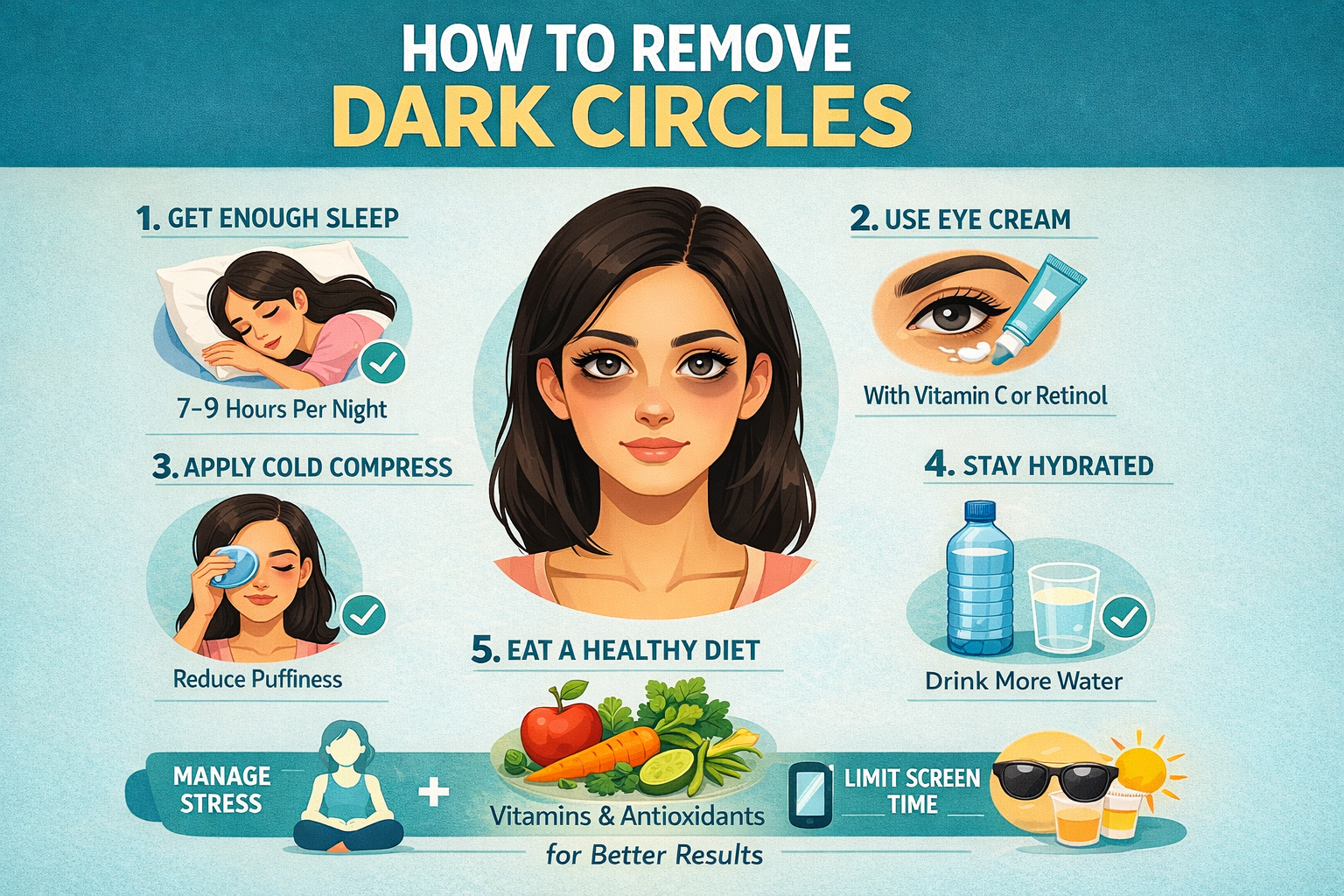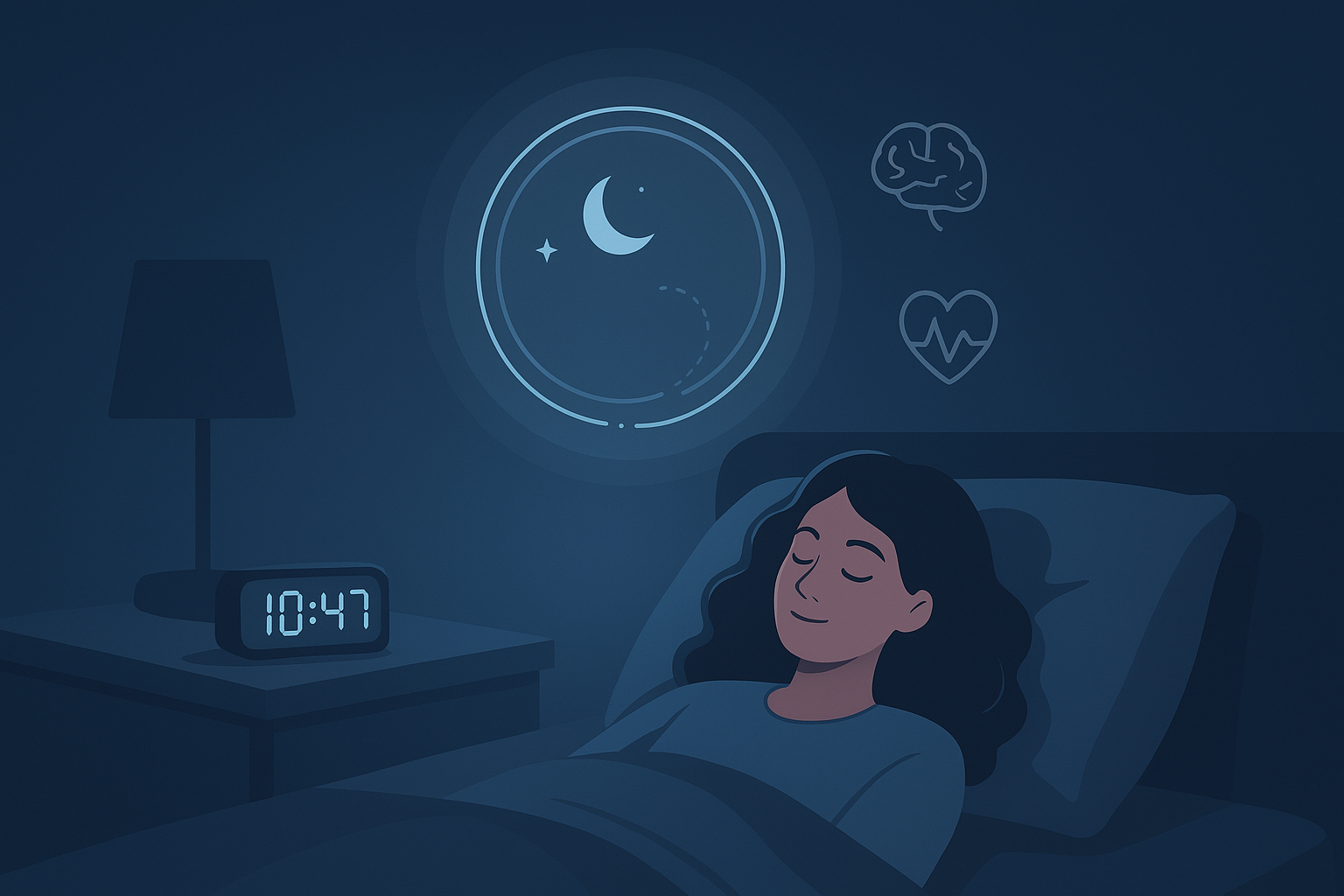What is core sleep? It’s the minimum amount of sleep your brain and body need to stay functional, even when total sleep time is short. Core sleep focuses on the deep sleep and REM sleep stages — the phases responsible for physical recovery, memory processing, and emotional balance.
Think of core sleep as the non-negotiable part of your night. Everything else is bonus rest.
🧠 What Happens During Core Sleep?
When the body enters deep NREM sleep, muscles rebuild, energy stores refill, and the immune system strengthens.
Then REM sleep takes over, helping creativity, learning, emotional regulation, and memory storage.
Without enough core sleep:
- You wake up groggy
- Focus drops
- Emotional stability? Gone.
Core sleep is the battery pack of human performance.
⏱️ How Much Core Sleep Do Humans Need?
Most people need:
- 4–6 hours of core sleep every night
- 7–9 hours of total sleep for ideal health
So yes — you can survive on less sleep…
But thriving requires the full cycle.
🌙 Core Sleep vs. Full Sleep
| Feature | Core Sleep | Full Sleep |
|---|---|---|
| Duration | 4–6 hours | 7–9 hours |
| Next-day performance | Passable | Optimal |
| Brain power | Limited | Excellent |
| Health impact | Risky long-term | Protective |
Rely on core sleep when life demands it — not as a lifestyle.
🔁 What Is Core Sleep in Polyphasic Sleep?
Polyphasic sleep schedules rely on core sleep as the main nighttime block, with short naps filling the gaps.
Popular approaches include:
- Biphasic — 4–6 hr core sleep + 1 nap
- Everyman — 3–4 hr core sleep + 2–3 naps
- Uberman — extreme nap-only schedule (not recommended)
It’s a productivity trend — but scientists warn against chronic sleep reduction.
⚠️ Risks of Only Getting Core Sleep
Too little sleep for too long can lead to:
- Lower immunity
- Anxiety and mood instability
- Weight gain and hormonal imbalance
- Memory and attention issues
- Higher risk of heart disease and diabetes
Short sleep saves time — until your health sends the bill.
✅ How to Protect Your Core Sleep
Maximise the most important sleep stages:
- Keep consistent bed/wake times
- No screens 60 minutes before sleep
- Create a cool, dark bedroom
- Avoid caffeine late afternoon
- Try 10–20 min power naps if needed
Prioritizing sleep is part of modern wellness culture — discussed in National Wellness Month.
The biggest core-sleep disruptor? Night-time scrolling, a habit many rethink during digital detox journeys like Should I Delete Social Media?.
✅ Should You Try a Core Sleep Schedule?
If life gets busy…
Core sleep is enough to function.
But if you want:
✨ Sharper thinking
✨ Better skin
✨ Stronger immunity
✨ Emotional balance
Aim for 7–9 hours with a solid core.
Core sleep = survival
Full sleep = strength
❓Quick FAQs
What is core sleep in simple terms?
Core sleep is the essential part of the sleep cycle that includes deep and REM sleep.
Is core sleep enough on its own?
Only short-term. It can’t replace full sleep long-term.
How much REM and deep sleep do we need?
Around 1.5–2 hours each night combined in the core phase.
Does everyone need core sleep?
Yes — it’s required for brain and body recovery.











